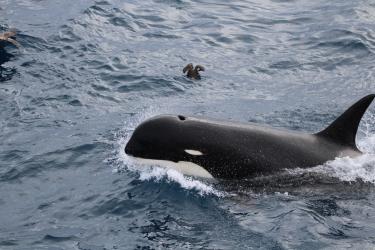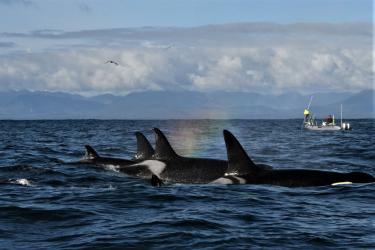NOAA is announcing the availability of up to $12 million in Great Lakes Restoration Initiative funding to continue our work restoring habitat for Great Lakes native fisheries. We are seeking proposals for projects that restore Great Lakes habitats and lead to significant and sustainable benefits for Great Lakes native fish species.
Projects selected through this funding opportunity will help sustain the multiple benefits the Great Lakes provide by:
- Supporting valuable fisheries and coastal resources
- Improving the quality of our water by restoring coastal wetlands
- Providing recreational opportunities for the public’s use and enjoyment
- Increasing the resilience of Great Lakes communities
Applications will be accepted and considered on an annual basis. To be considered for funding in the 2025 federal fiscal year, applications are due by November 4, 2024. For funding in FY2026 and FY2027, applications will be due by September 5, 2025, and September 4, 2026, respectively. This competition will remain open until 2026.
View the NOAA Great Lakes Fish Habitat Restoration Partnership Grants funding opportunity
Habitat Restoration in the Great Lakes
As the largest freshwater system on earth, the Great Lakes are an important ecological and economic resource. They support valuable commercial, recreational, and tribal fisheries that are collectively valued at $7 billion per year and support more than 75,000 jobs. They also support industry, transportation, and tourism. The Great Lakes face many threats, however, including habitat degradation, oil spills and other pollution, overfishing, and the spread of invasive species. The quality and quantity of fish habitat in the Great Lakes has declined for decades and continues to be a concern. Without the right habitat, fish cannot build their populations, and that means fewer—and less healthy—fish.
The Office of Habitat Conservation’s NOAA Restoration Center works in the Great Lakes to support the ecosystems and economies that rely on these valuable resources. Since 2010, NOAA has supported 98 projects through the Great Lakes Restoration Initiative. These projects have restored more than 5,100 acres of habitat and opened more than 520 stream miles for fish passage.



